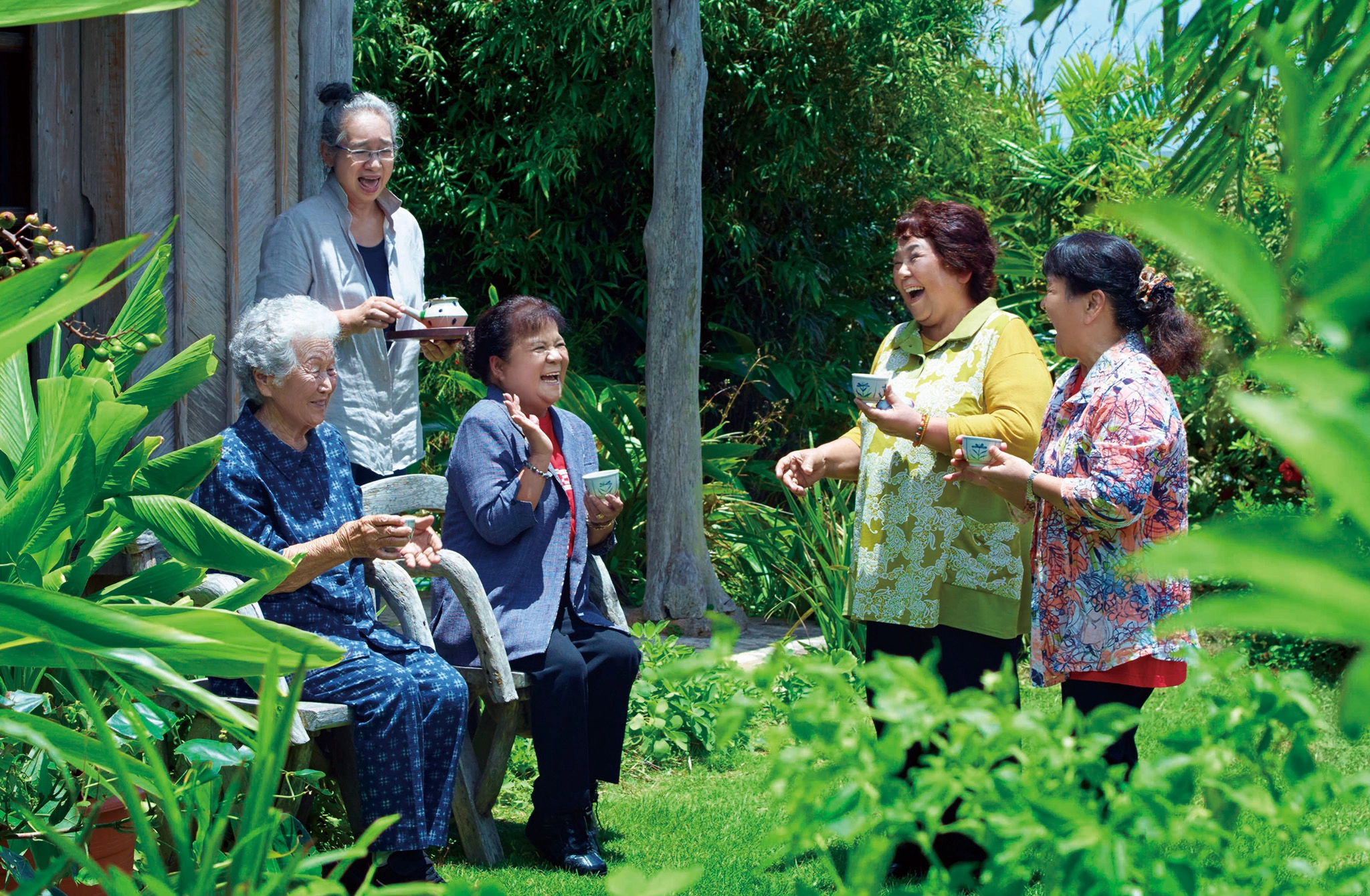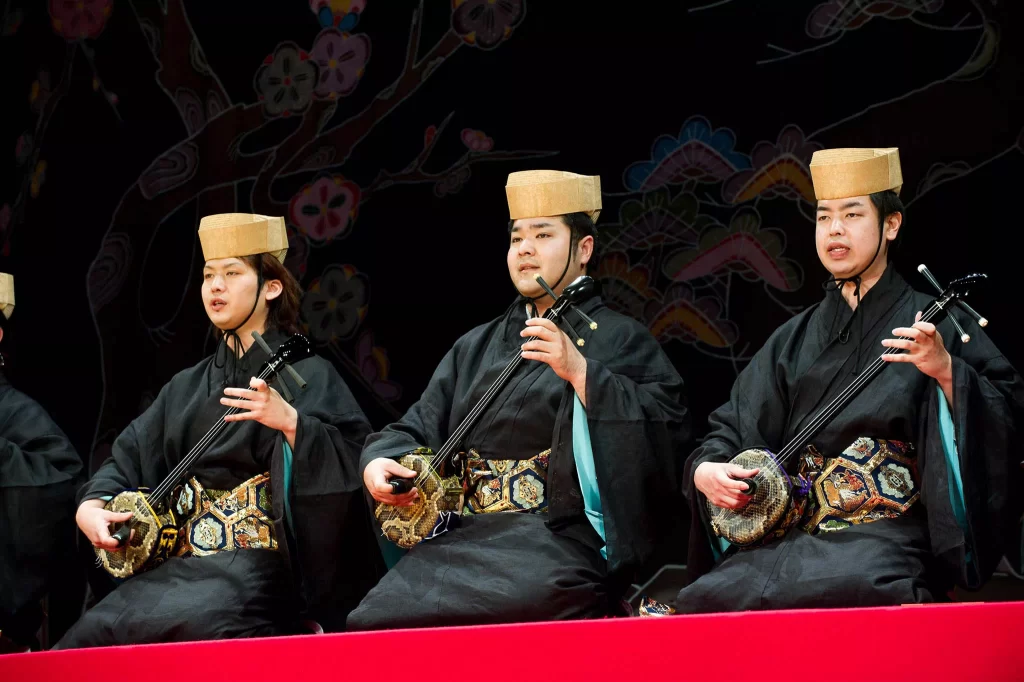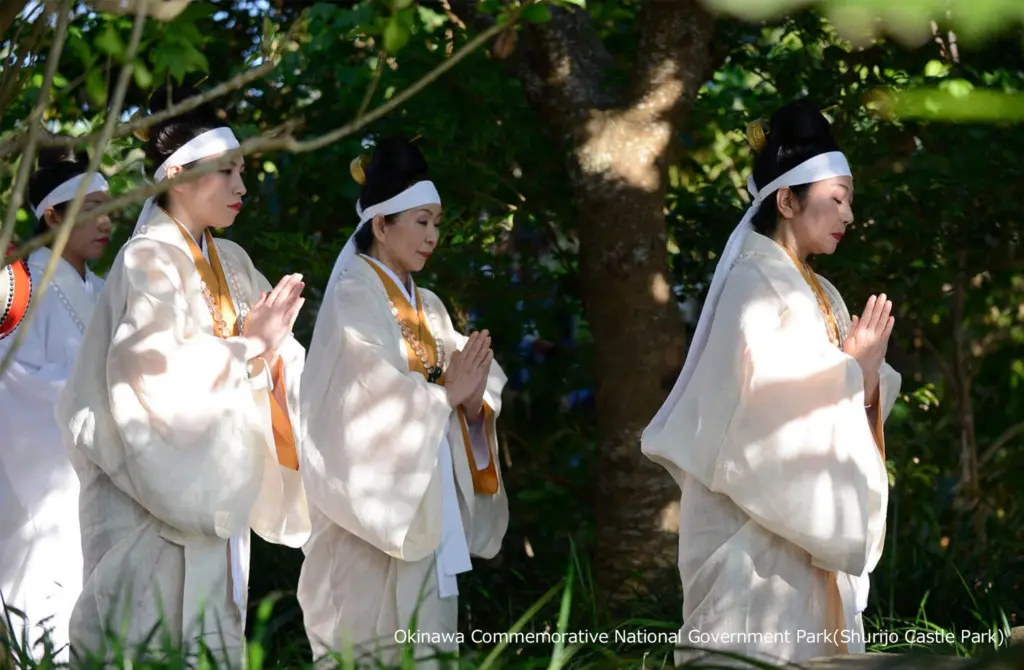Shimakutuba (Ryukyuan Languages)
Language of the homeland passed down through generations
Passed down through everyday interactions since ancient times, Shimakutuba, referring to the diverse languages of the Ryukyu Islands, is more than just a means of communication and carries the spirit of the homeland. It plays a crucial role in connecting the people to their environment, ancestors, and traditions. Deeply rooted in local culture, these languages remain intertwined with both history and daily life.
Linguistic diversity
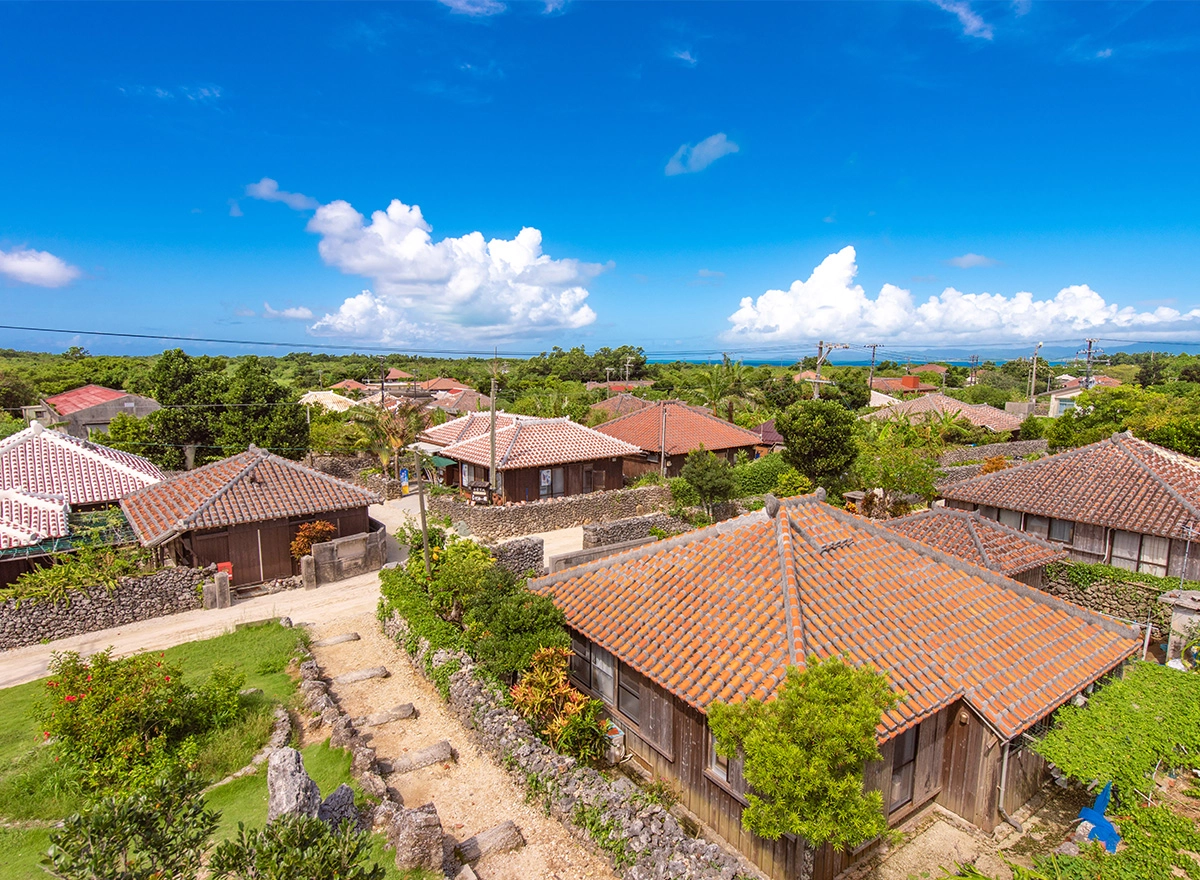
Shimakutuba is the collective term for the unique languages spoken throughout the Ryukyu Islands—including Okinawa’s main island, the Miyako Islands and Yaeyama Islands, and the Amami Islands of Kagoshima Prefecture—where each island’s language has evolved independently over time. These languages are so distinct that they are often mutually unintelligible between regions.
The islands of Okinawa Prefecture are scattered across a vast oceanic area stretching about 400 kilometers north to south and 1,000 kilometers east to west. This geographical layout is one of the factors that contributed to each region developing its own unique linguistic identity.
Shimakutuba form the foundation of local traditional cultures and reflect the unique characteristics of different regions within the Ryukyu Islands. For the people living in these islands, the language reflects the traditional customs and lifestyle deeply rooted in nature and human relationships.The spiritual aspect of Shimakutuba
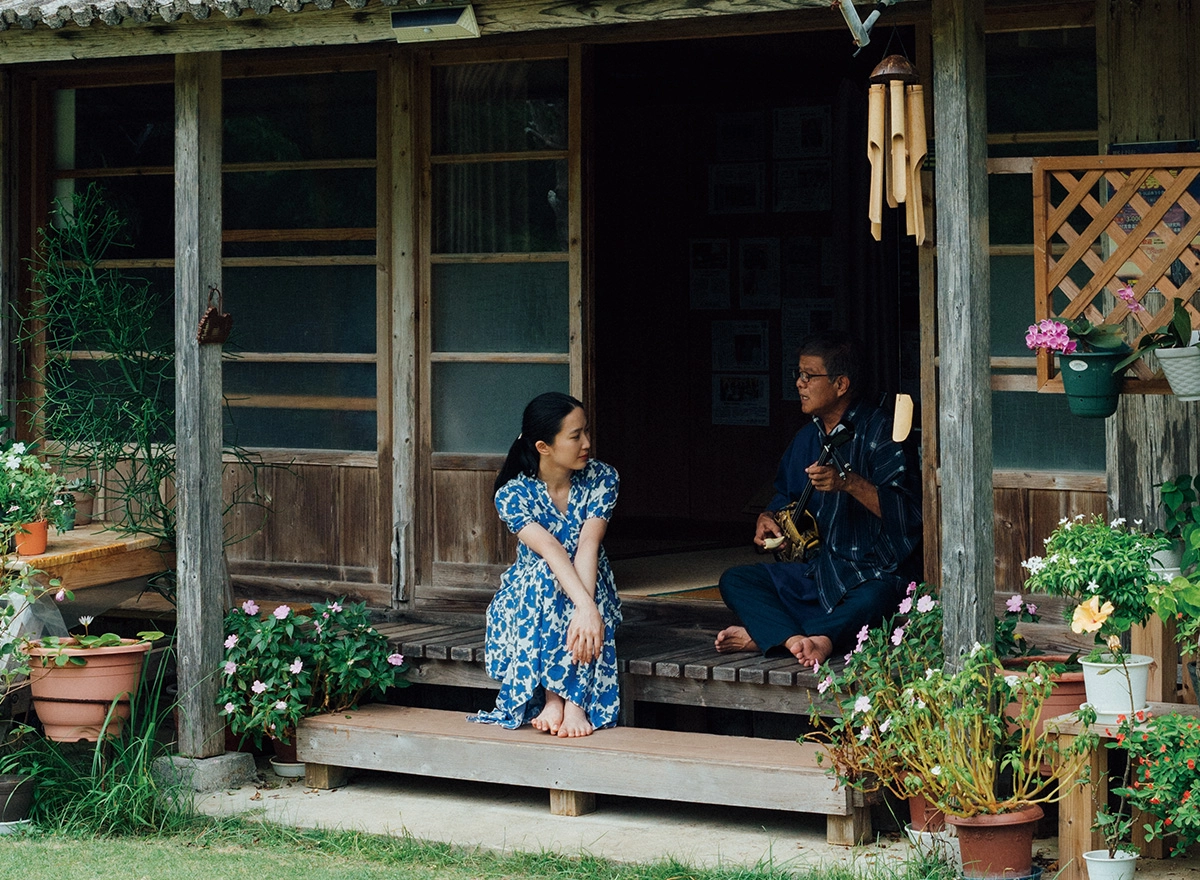
Shimakutuba is deeply tied to the core values and philosophies of Ryukyuan people, particularly reflecting a mindset that cherishes the bonds between nature and the local community.
These values are also embodied in well-known terms in Okinawa, such as:
Ichariba-chode: A phrase meaning 'Once we meet, we are family,' reflecting the universal spirit of community in Okinawa, where even with someone you've just met, you can build a deep bond through sincerity.
Yuimaru: The spirit of mutual aid, showcasing how helping one another in times of need is a fundamental value among Okinawans.
Chimugukuru: A heartfelt consideration and gentle care for others, a key concept passed down through generations in Okinawa.
The spirit of caring for others is one of the key values that has been passed down through generations in Okinawa.
Connection to classical Okinawan music
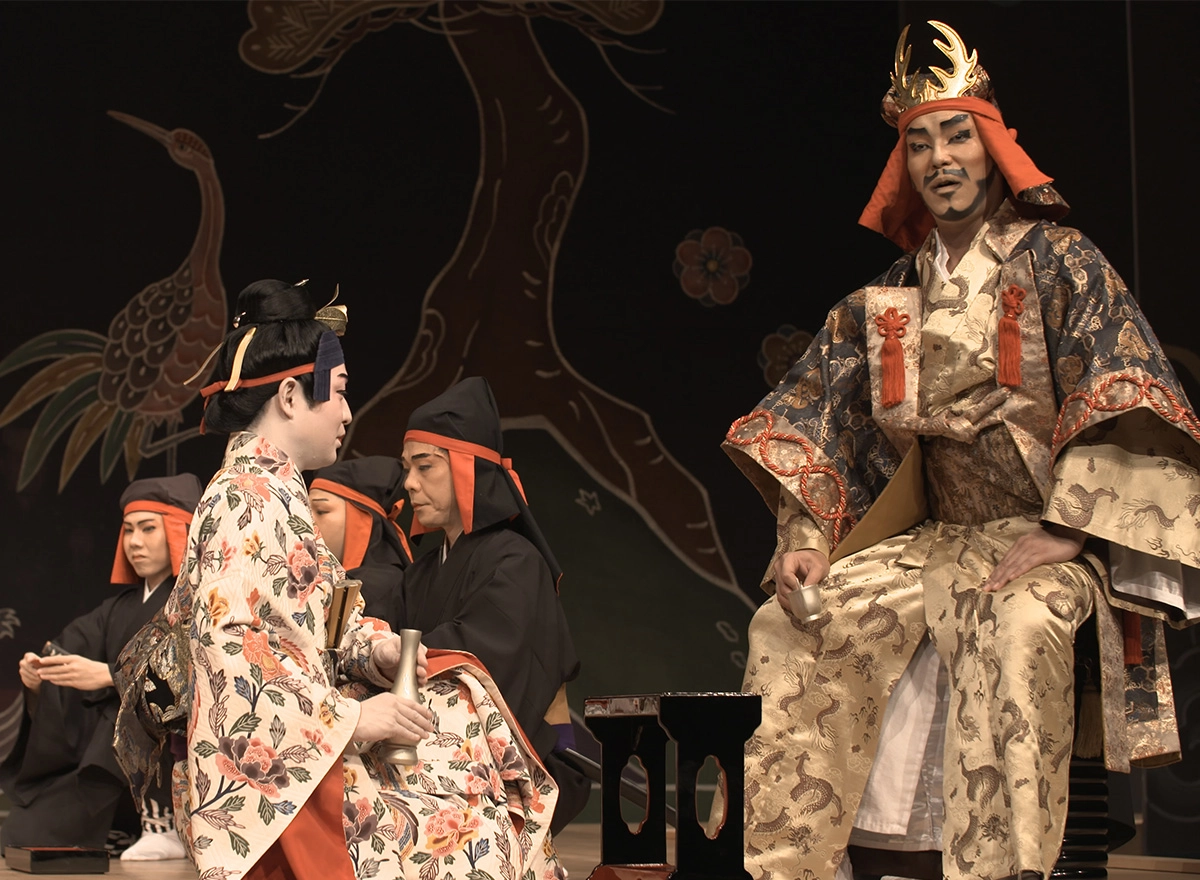
Haiku and tanka are celebrated forms of Japanese classical poetry, and Okinawa has a similar poetic tradition called Ryuka. Ryuka is composed of 30 syllables and is known for its lyrical expression of themes such as the beauty of nature and romantic longing.
One of the representative examples of Ryuka is the work of the poet Onna Nabee. A stone monument engraved with her Ryuka stands at the entrance to Cape Manzamo, a famous scenic spot known in Onna Village.
These poems have been woven into Okinawan classical music and folk songs, with themes of love, family, and prayers for blessings. They are cherished in Okinawan celebrations and banquets, becoming an integral part of daily life.
The history of Shimakutuba
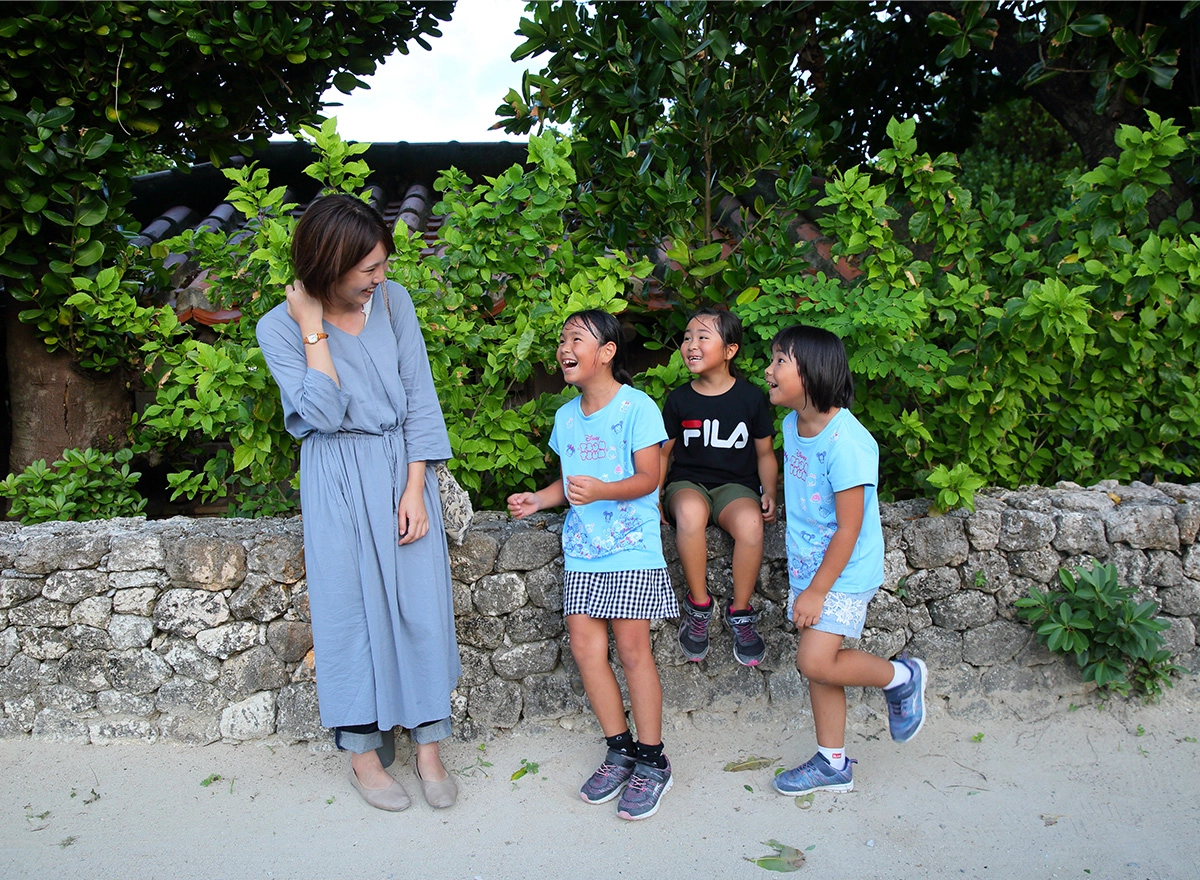
Looking back at Okinawa's history, certain events have put these unique and important languages at risk. During the time when Okinawa was known as Ryukyu, the languages and cultures of the Ryukyu Islands flourished. However, after the Ryukyu Kingdom was annexed by Japan, the use of Shimakutuba gradually declined as standard Japanese spread. At that time, Japanese language policies mandated standard Japanese in educational and public settings, which restricted Shimakutuba usage. For example, schools employed hougen fuda (dialect tags), requiring children to wear tags for speaking their local dialect, a practice that aimed to stigmatize and suppress local dialects. This, among other factors, led to a reluctance to use Shimakutuba publicly, causing its gradual decline and eventual disappearance from everyday communication.
In 2009, UNESCO classified Shimakutuba as one of the endangered languages, marking the arrival of a critical situation. However, efforts to preserve it continue, with traditional festivals and cultural practices keeping the language alive. People remain dedicated to preserving this language, and various revitalization and protection initiatives are actively underway to ensure that this linguistic treasure is passed on to future generations, safeguarding its role as a cornerstone of Okinawa’s cultural identity.

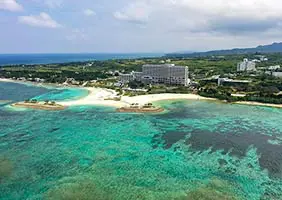
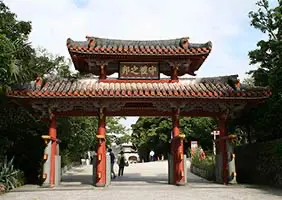
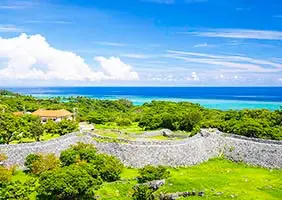
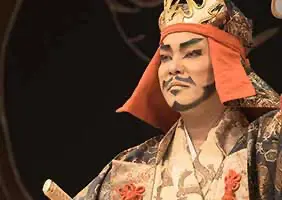
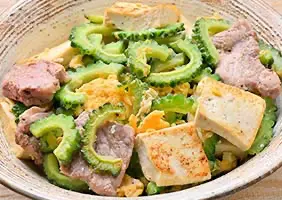



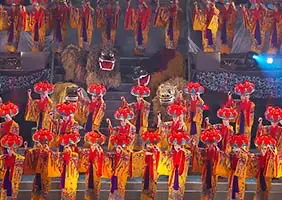
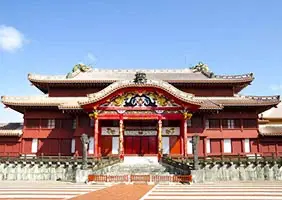
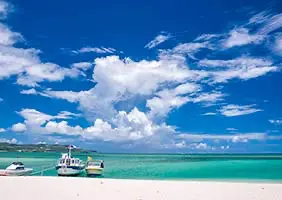
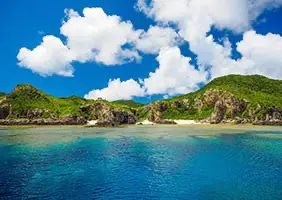
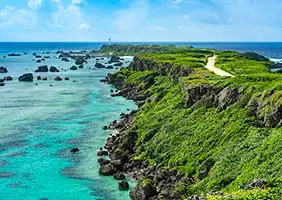
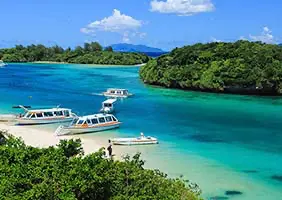

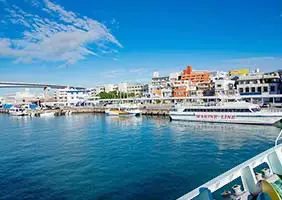
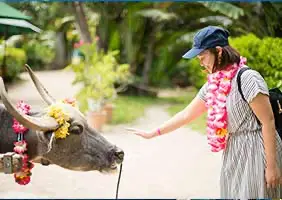



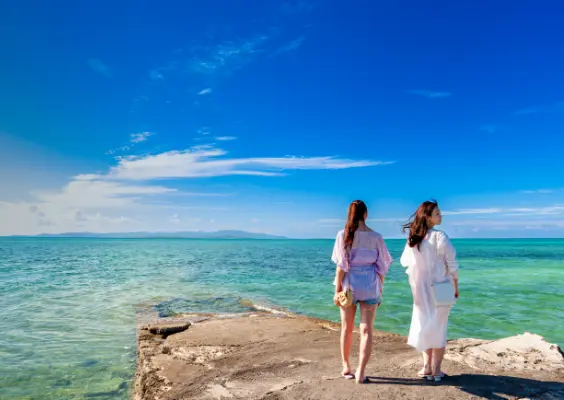
 Facebook
Facebook Twitter
Twitter Copy URL
Copy URL


